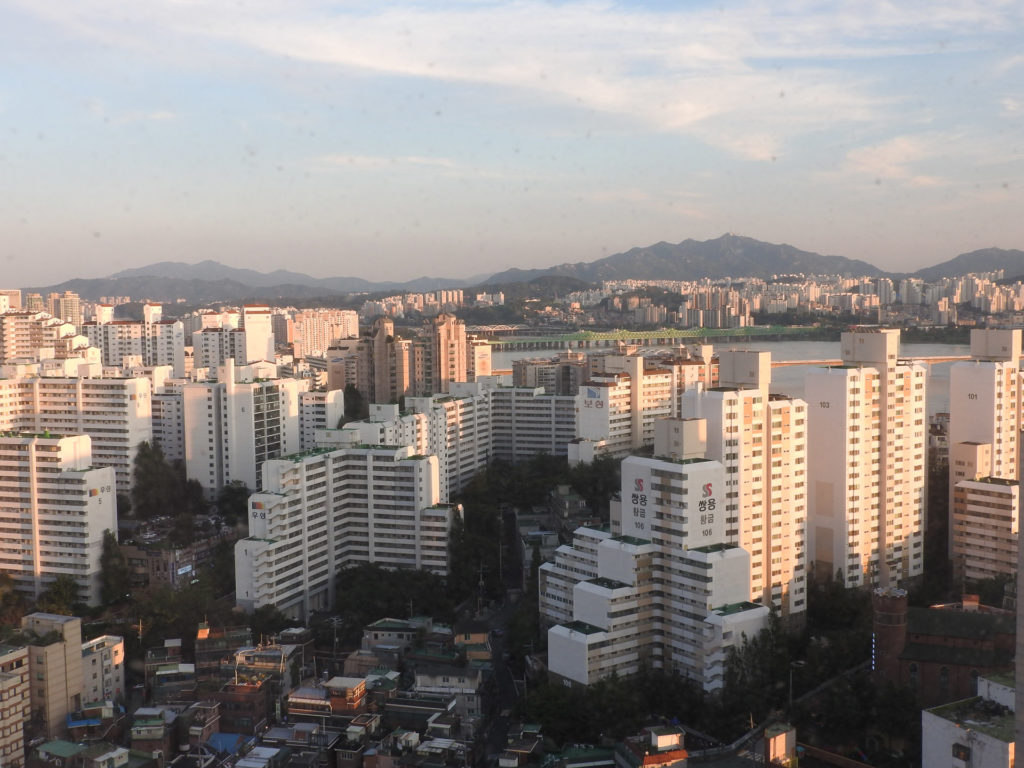The Peninsula
Broad Policies Unable to Manage Competing Economic Demands

What Happened
- A July 2021 report from the Bank of Korea showed that housing prices in the country have surged by 47% since 2017.
- The Moon administration implemented a series of regulations over the past four years to cool the overheated housing market.
- The central bank chief expressed concerns that low interest rates – adopted to cope with the economic impact of the pandemic – have partially contributed to the housing price hike.
Implications: Sweeping macroeconomic responses to external challenges often produce negative knock-on effects on existing domestic challenges. For President Moon Jae-in, policies intended to soften the economic fallout of the pandemic had a negative impact on efforts to moderate the excessive rise in property prices. The Bank of Korea kept interest rates low to encourage borrowing and spending amid the pandemic-induced economic recession. However, this permissive monetary policy may have pushed people to invest more in the housing market, ultimately pushing home prices even higher. This has left many people unable to afford a home, particularly in the Seoul metropolitan region.
Context: The United States faced a similar challenge in the wake of its pandemic-induced economic downturn. Low interest rates and low mortgage rates pushed people to enter the housing market, leading to heightened demand and increased real estate prices. Like South Korea, the United States is also facing inventory issues to keep up with demand, and economists are raising concerns of an asset bubble. But the potential macroeconomic risks of this bubble are higher in Korea because households invest a higher share of their wealth in real estate. U.S. families place 35% of wealth into non-financial assets – but in Korea, this number is closer to 75%.
This briefing comes from Korea View, a weekly newsletter published by the Korea Economic Institute. Korea View aims to cover developments that reveal trends on the Korean Peninsula but receive little attention in the United States. If you would like to sign up, please find the online form here.
Korea View was edited by Yong Kwon with the help of Sean Blanco, Marina Dickson, and Jina Park. Image from flickr user Liz Brisson
